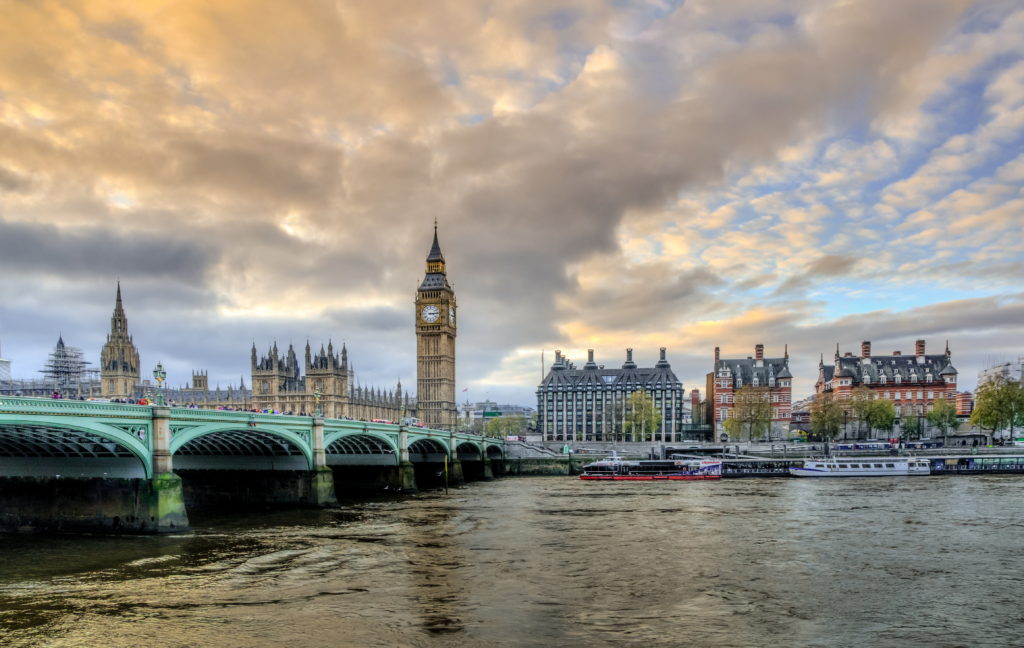
By Dr Ahmed Shaalan – Department of Marketing, Birmingham Business School, Marwa Tourky – Cranfield University and Khaled Ibrahim – Unitec-Institute of Technology, New Zealand
The 2016 Brexit referendum triggered a seismic shift in the landscape of UK tourism, a previously thriving industry celebrated for its robust contribution to the national economy. The unprecedented political upheaval and uncertainty cast long shadows over the sector’s future, and potential tourists re-evaluated the UK as a tourist destination, particularly Europeans who had previously enjoyed seamless travel arrangements.
A study[1] we conducted after the Brexit vote painted a vivid picture of an industry grappling with immediate and long-term challenges. Our survey responses from potential European tourists, who constitute a significant portion of the UK’s tourism income, showed the UK’s image had altered and they were less interested in visiting.
In effect, the loss of certainty regarding the UK’s future relationship with the EU and its implications for travel, employment and residence rights had a chilling effect on perceptions of the country as a stable and welcoming destination. This was compounded by fears of increased bureaucracy, longer border queues and the potential need for visas.
According to Visit Britain (2023), attractions in UK reported a 42% increase in the volume of total visits from 2021 to 2022, however, this is still 35% below 2019 level.
A similar drop occurred in the stated likelihood of tourists from key markets like Germany, France and Italy to visit the UK, which fell from nearly 90% to around 70%. Around 60% of the respondents identified political uncertainty as a deterrent, while around 45% cited potential increases in post-Brexit travel costs and accommodation.
The results also underlined a shift in the UK’s competitive position in the European tourism market, impacting not only logistical considerations but the country’s image as a stable and welcoming destination, risking cascading effects on tourism-related revenue and employment.
In a separate part of the study, interviews with tourism managers and marketers revealed serious concerns and new strategies. Instead of promoting long-term planning investments, destination management organisations (DMOs) began emphasising short-term gains and flexibility, and sought to address emerging concerns about travel regulations.
Alongside new reactive, agile approaches, marketers expanded their online operations to communicate more directly and rapidly with potential tourists, including on social media platforms, began diversifying their target markets beyond the EU, and re-emphasised the UK’s traditional strengths, including its rich history and natural beauty.
These strategies matter because the economic ramifications of Brexit for UK tourism extend far beyond a simple reduction in visitor numbers. As documented in the study, the ripple effects of the vote and subsequent uncertainty permeated multiple aspects of national and local economies, impacting employment, revenue generation and regional economic stability.
In the immediate aftermath of the Brexit vote, the projected revenues from tourism, which had been expected to grow consistently, faced a downturn, with actual receipts billions of pounds down on pre-vote forecasts. By 2022, the UK had missed out on an estimated £3 billion in tourism-related income due to decreased visitor spending (Visit Britain, 2023).
The tourism sector, which directly employs approximately 3.1 million people in the UK, also experienced heightened job insecurity and reduced hiring rates after the referendum. Regions highly dependent on tourism, such as Cornwall and the Lake District, reported higher rates of job losses and reduced seasonal employment opportunities. Scotland, Wales and Northern Ireland felt the impacts more acutely, with a compounded economic downturn, exacerbating pre-existing inequalities (Visit Britain, 2022).
The years of uncertainty surrounding the final shape of the Brexit deal, under the shadow of a possible no-deal Brexit, led to a cautious approach towards long-term investments in the sector. Potential investors became wary of committing funds to developments, such as new hotels or tourist attractions, amidst fluctuating policies and an unstable economic outlook.
Against this backdrop, our study highlights the ongoing need for government policies to stimulate tourism, such as reduced VAT for tourist-related services, financial incentives for businesses and targeted international marketing campaigns. This aligns with the recent initiatives of the Department of Digital, Culture, Media and Sport (2021) tourism recovery report. Community and regional support initiatives that could boost local businesses and preserve jobs. And new types of visitors could be drawn in with strategies like digital transformation and improving tourism infrastructure, airport facilities and transport.
Our comprehensive analysis makes several other strategic recommendations. For example, the government could streamline visa processes, with fast-track options for tourists from key markets. Clear, stable and supportive regulatory frameworks could restore confidence among tourism businesses and encourage long-term investment decisions, and training programmes for hospitality workers could help meet labour shortages in the sector.
A major international marketing campaign could seek to rebrand UK tourism, perhaps collaborating with travel influencers and bloggers to produce authentic and relatable content, or promoting eco-friendly travel through policies that encourage sustainable tourism practices.
Brexit’s ongoing impact on UK tourism should be acknowledged, measured, understood and tackled. Only then can this crucial sector reach its maximum potential in the post-Brexit era, ensuring its vast economic and cultural benefits are fully harnessed.
References
[1] Shaalan, A., Tourky, M., Saxena, G., Ibrahim, K., and Tiller, S., “Conceptualising the impact of political instability on destination attractiveness: insights from the UK’s Brexit vote.
The views and opinions expressed in this article are those of the author and do not necessarily reflect the official policy or position of the University of Birmingham.
